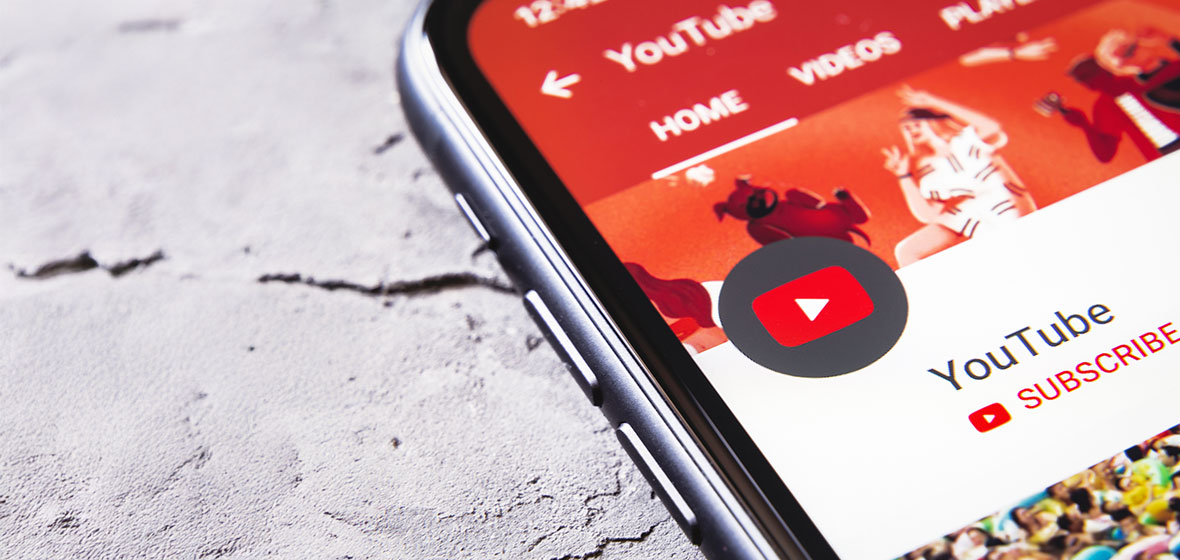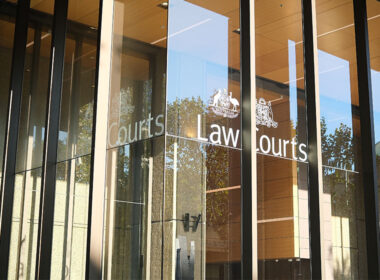In a significant policy reversal, the Australian federal government has confirmed that video streaming giant YouTube will be included in the nation's social media ban for children and teenagers under 16. Previously, the platform was expected to be exempt from this ban, primarily because of its educational content and design as a video-sharing platform, rather than a traditional social network.
The ban, which will take effect on 10 December this year, will prohibit those under 16 from logging into popular platforms such as Facebook, Instagram, Snapchat, TikTok, X, and now YouTube.
Prime Minister Anthony Albanese and Communications Minister Anika Wells made the announcement at a press conference this morning in Canberra, as the government tabled the rules outlining the scope of the new legislation to Parliament. The decision comes despite recent threats of legal action from Google, YouTube’s parent company, which had argued for an exemption based on the platform’s educational uses. YouTube Kids, however, is expected to remain exempt due to its limited communication features.
Prime Minister Albanese highlighted the government’s commitment to protecting young Australians. “We know that social media is doing social harm, and my government and this parliament [are] prepared to take action to protect young Australians,” he stated. “Social media companies have a social responsibility. That’s why today, we’re pleased to announce that our government is tabling rules that specify which types of online services will be captured in our world-leading laws.”
The Prime Minister explained that the decision to include YouTube was based on advice from the E-Safety Commissioner. He acknowledged the likely argument that “young people will find their way around it” but insisted this shouldn’t prevent the ban, drawing parallels to existing laws on alcohol and tobacco where the government sets clear community expectations.
Prime Minister Albanese also extended his gratitude to campaigns like “36 Months” and “Let Them Be Kids” for their role in mobilising public support, highlighting a widespread parental desire for children to be “off their devices and onto the playing fields” and to “enjoy their childhood”.
Communications Minister Anika Wells echoed the Prime Minister’s sentiments, asserting the government’s stance in placing families at the heart of their decision-making. “Today, we are prioritising parents ahead of platforms. We will not be intimidated by tech companies,” Wells said.
“The Albanese government is pushing forward with our mission to keep Australian kids safe online with new rules to support our world-leading social media age restrictions.”
“We want kids to know who they are before platforms assume who they are,” Wells said.
She noted that “the evidence cannot be ignored that four out of 10 Australian kids report that their most recent harm was on YouTube.” Wells clarified that online gaming, messaging, education, and health apps would be excluded from the minimum age obligations, as they pose fewer social media harms.
“There is no perfect solution when it comes to keeping young Australians safe online, but the social media minimum age laws will make a meaningful difference,” said Wells, likening the effort to “policing the sharks” in the “open ocean” of the internet. “There is a place for social media. There is no place for predatory algorithms, and that’s what we’re cracking down on. And there is no cure, but this is a treatment plan.”
Minister Wells noted that the government is still awaiting the final age assurance recommendations, which will be published “as soon as possible,” to determine how Australians will verify their age to access these platforms. However, she stressed that social media platforms must provide an alternative to uploading identification documents such as a driver’s licence or a passport.
Wells emphasised that social media companies have had 12 months to prepare for this ban, having been “on notice since December last year.” She stated that it’s up to each platform to collaborate with the E-Safety Commissioner to implement their own verification processes, acknowledging that each company has “proprietary technology” and operates differently.
Critically, Wells stressed that the onus for compliance lies with the platforms, not parents. “Come 10 December, if your kid has a Facebook account, it is on Facebook to deactivate that account. It’s not on the parent to police that on behalf of Facebook.”
She outlined four “reasonable steps” platforms must take:
- Deactivate existing accounts identified as belonging to underage users.
- Prevent new accounts from being created by minors.
- Take “reasonable steps” to mitigate workarounds children might discover.
- Correct any errors that emerge, indicating an ongoing commitment to enforcement.
Wells concluded by asserting that these “world-leading” rules are not “set and forget rules” but rather “set and support rules” and “manifestly too important for us not to have a crack.”




